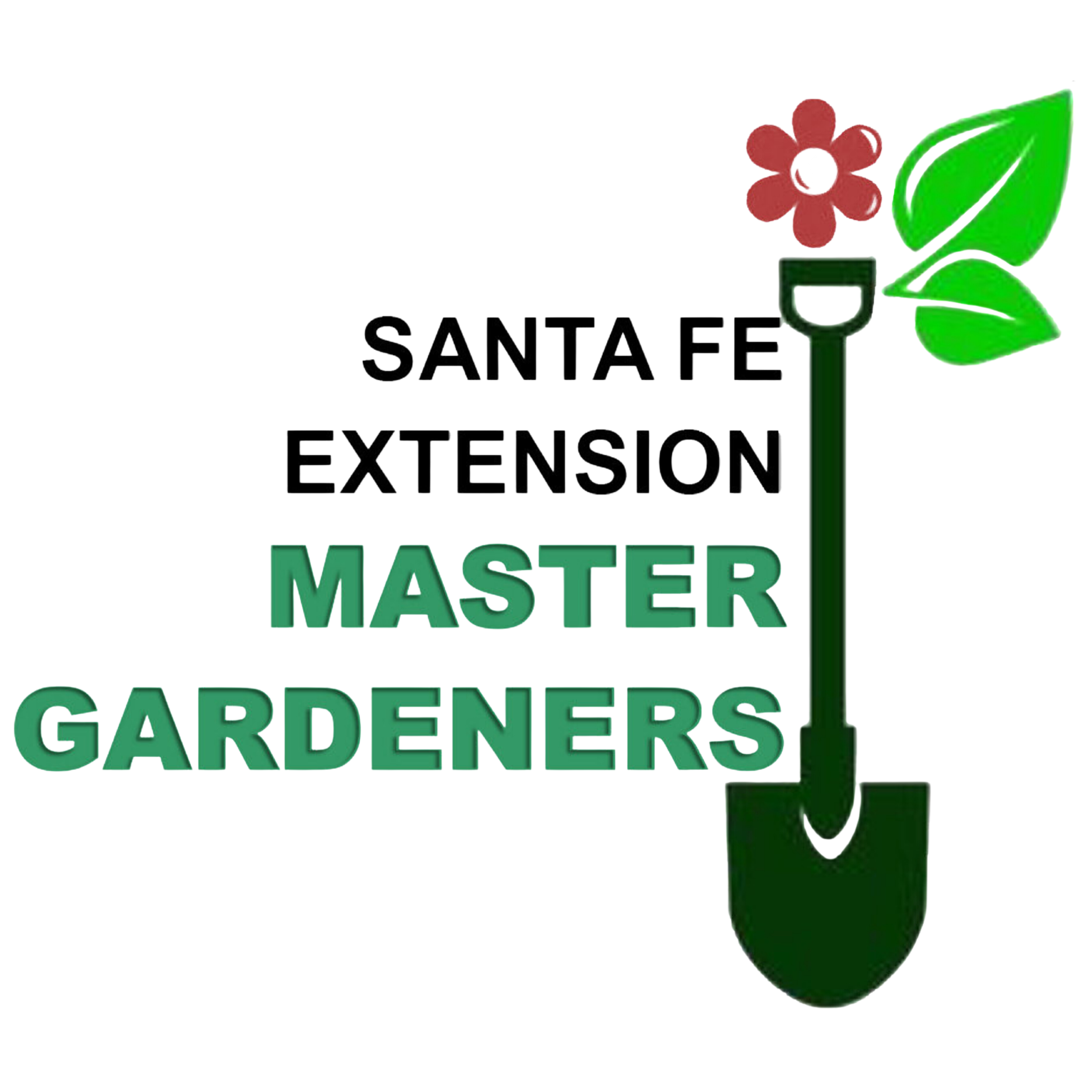Webinars for Earning CEs
Webinars: Excellent Resources for Learning (and Earning CES)
By Terry McGuire
A webinar is a live, web-based presentation on the internet, connecting the presenter to a worldwide audience of viewers. The host speaks about a topic and typically includes slides, videos, and/or demonstrations. There are many webinars offered through university websites and professional organizations that provide research-based gardening information.Webinars need not be passive. One I recently “attended” on urban treesoffered online polling, a chat room where participants commented and shared additional references, and a question-and-answer session at the end of the talk. In many ways, participants are more connected to the speaker than is possible in a traditional lecture.Often webinars are both live and on demand, so you don’t have to miss one because of time conflicts. With a recorded version you lose some interactivity, but you have the ability to pause to take notes or to back up the presentation if you missed an important point. Easy to view, these can often be streamed through YouTube.One snowy afternoon I attended a webinar by Gail Langellato on the latest research on bees in the garden(Oregon State University Extension); a second webinar, by Elizabeth Brown, called Drain Flies, House Flies, and Fungus Gnats(part of the 2017 All Bugs Good and Bad webinar series at eXtenson.org); and a third, by Rick Carr, on composting, at the Rodale Institute. You would be unlikely to find this many diverse seminars available on a single day in Santa Fe.In general, look for webinars from universities, professional organizations, or governmental agencies (see partial list below). All of the webinars I attended were free. For those readers who are members of the SFEMG, many are accepted for CE credits. Live webinars will be announced by eBlast, while recorded ones may be chosen from an approved list of organizations.Free webinar sites currently accepted by SFEMG:American Public Gardens AssociationConservation of Natural ResourceseXtension LearnIowa State University ExtensionOhio State University Bee LabOregon State University ExtensionUS Composting CouncilUtah State University Forestry Extension
